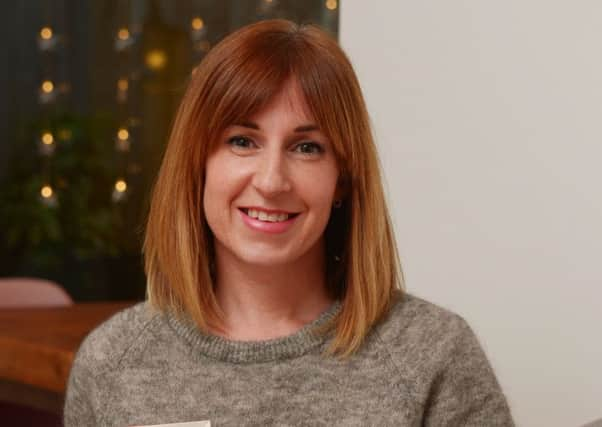Support for NHS staff to help bereaved parents


A series of animations offers advice on how to break the news to grieving parents and how to raise the idea of a post-mortem to determine how the baby died.
Families need to be given confidence to ask for what they need as many do not realise they can take photos or ask for a cold cot which allows them to spend more time with their baby, said Nicola Welsh, chief executive of bereavement charity SANDS Lothians.
Advertisement
Hide AdAdvertisement
Hide AdThe 42-year-old knows the importance of this support, after her three-week-old son Theo passed away in 2009 from a rare abdominal defect.
Nicola, of Linlithgow, said: “Only by being open and listening to bereaved families can we really learn.
“I think bereavement should be everybody’s priority. I don’t think we should have just a few people in a hospital who are involved with bereavement.
“We need to move beyond just giving leaflets to people. You cannot expect bereaved families to sit at home and read a leaflet after losing a child.
Advertisement
Hide AdAdvertisement
Hide Ad“They need a hand to hold and staff who can give them confidence to ask for what they want.
“When you are in shock and completely numb, you need people to help you find what you need.
“Some people sing to their baby or read them a story, which can be really helpful.”
One of the videos looks at how to speak to people about post-mortems, which can help to give parents closure or reveal hereditary conditions that could impact on living relatives.
Advertisement
Hide AdAdvertisement
Hide AdNicola said: “How do midwives know the right thing to say? It’s hard for staff too, so training can really help.
“It’s a very, very difficult conversation to have, as no one wants to even think about that for a baby.
“But we must have these difficult conversations, to provide a voice for babies and their families.”
Margaret Evans, a consultant perinatal pathologist at NHS Lothian, who worked on the project, said staff needed to be supported to have these conversations, which can help prevent similar losses in future.
Advertisement
Hide AdAdvertisement
Hide AdShe said: “Knowing the cause of the loss cannot ever take away the grief but it can help reduce anxiety in subsequent pregnancies.”
Caroline Lamb, chief executive of NHS Education for Scotland, which led the project, said: “While some specialists may deal with death and bereavement almost on a daily basis, many professionals will encounter bereavement situations very rarely in their careers, particularly unexpected deaths.
“This can lead to anxiety and stress, not being able to find the right words to say or even knowing where to turn to for support.
“These bite sized animations and additional support will reduce the fear of the unknown and lead to greater and better support for Scotland’s NHS workforce and those they are caring for.”